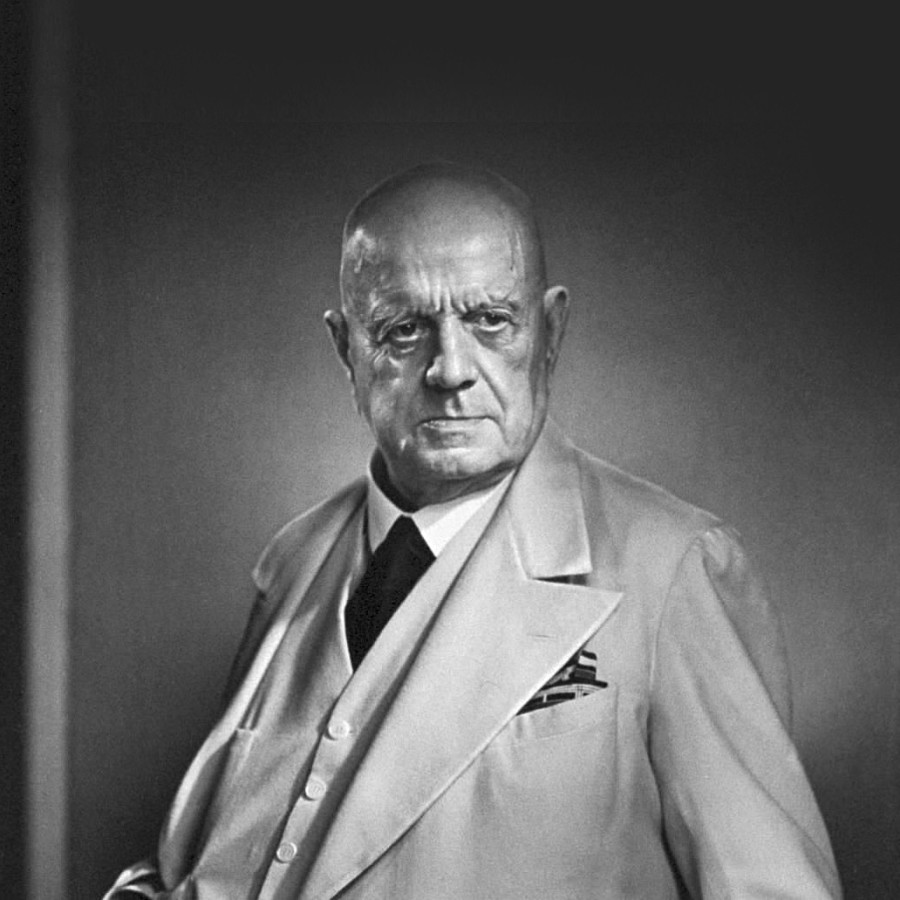
It’s tempting to look at the lives of composers and turn them into parables. Mozart’s life tells us about prodigious talent, jealousy, and mysterious death. Tchaikovsky tells us the tragedy of hiding our true selves. Beethoven tells us about intensity.
But the story of Jean Sibelius has so many ingredients to it that you can look at it through any number of lenses.
- It’s a story about resilience. A competent violinist who, in his own words, wanted to be “a celebrated violinist at any price,” Sibelius auditioned with the Vienna Philharmonic at age 26…and was turned down. A lifelong dream was shot down, but he pivoted to composition, and 60 years later the Vienna Philharmonic dedicated a plaque to mark the nearby building where he lived during his time in Austria.
- It’s a story about patriotism. His landmark piece, Finlandia, was written as a protest against the Russian rule over Finland at the time. He toured it around Europe under different titles to avoid Russian censorship; it would become, essentially, a national anthem of Finland.
- It’s a story about creating your own identity. Born as “Johan,” Sibelius adopted the French-sounding “Jean” when he was a student after seeing it on his Uncle’s business card. Young Sibelius decided Jean would be his “music name.” Like a bored high school student, bored and daydreaming, writing his stylized DJ name on the cover of a Math binder.
- It’s a story about balance. Unlike many other composers, Sibelius wasn’t composing feverishly on his death bed. He retired from composing 20 years before dying, and spent those years at his country house, throwing parties and enjoying his status as a national treasure. He died at 91, a good 50 years after surviving throat cancer.
Sibelius was never universally loved. At one point, a critic called him “the worst composer in the world.” However, as Sibelius dryly (and correctly) noted, critics don’t get statues erected in their honour.
You do get statues if you’re a 91-year-old cancer survivor who rebelled against the Russians through song with an adopted name you got from a business card. And if you can write beautiful music like this.
What makes this a beautiful song:
1. The opening, with waterfall arpeggios making their way down the keyboard, invites the listener to slip into a dream.
2. Depending on your mood, you can close your eyes and imagine a harsh Finnish winter or a mild Vienna spring. The piece works with either.
3. Some moments are as melodic as Debussy, other moments are as stern as Beethoven.
Recommended listening activity:
Looking at your favourite painting upside down.